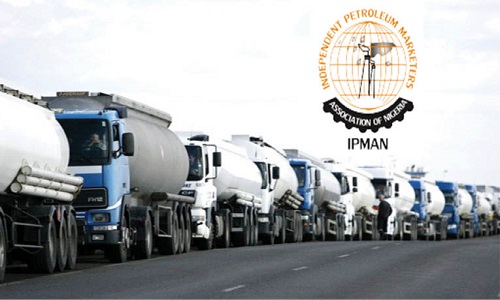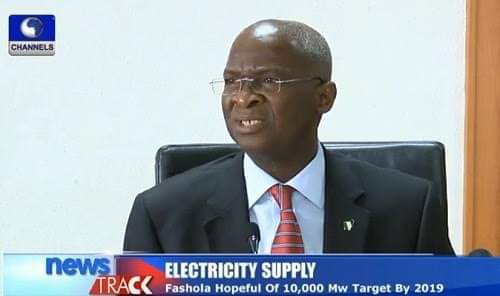Leading energy analyst and Petroleum Engineer, Mr. Bala Zaka has argued that the newly released National Gas Policy is good in some areas but very defective in pricing sanctions bordering on unallowable gas flares.
It would be recalled that the country lost at least N94bn in four months as oil and gas companies flared a total of 87.03 billion standard cubic feet of natural gas in that period.
The latest monthly report from the Nigerian National Petroleum Corporation showed that 22.60 billion scf of gas was flared in October; 21.50 billion scf in September; 21.14 billion scf in August; and 21.79 billion scf in July, this year.
It stated that out of the 215.43 billion scf of gas produced in October, a total of 121.63 billion scf was commercialised, comprising of 29.29 billion scf and 92.34 billion scf for the domestic and export markets, respectively.
Looking at the new figures in an interview, he noted that some oil majors known for gas flaring are hiding under the guise of weak gas flare sanctions to continue the degradation of the environment.
According to the gas policy, the current gas flare penalty of N10 per 1,000 scf of associated gas flared is too low, having been eroded in value over time, and is not acting as intended, as a disincentive.
Explaining the sector during a recent TV talk show monitored in Lagos, Zaka said “The low penalty has made gas flaring a much cheaper option for operators compared to the alternatives of marketing or re-injection. The intention of government is to increase the gas flaring penalty to an appropriate level sufficient to de-incentivise the practice of gas flaring, whilst introducing other measures to encourage efficient gas utilisation,” he added.
More facts contained in the draft National Gas Policy recently released by the Ministry of Petroleum Resources show that flaring of natural gas that is produced in association with oil is one of the most dangerous environmental and energy waste practices in the Nigerian petroleum industry.
For example, the draft policy states, “While gas flaring levels have declined in recent years, it is still a prevailing practice in the petroleum industry. Billions of cubic metres of natural gas are flared annually at oil production locations resulting in atmospheric pollution severely affecting host communities.
“Gas flaring affects the environment and human health, produces economic loss, deprives the government of tax revenues and trade opportunities, and deprives consumers of a clean and cheaper energy source.”
The ministry said under the gas policy, the government intended to maximise utilisation of associated gas to be treated for supply to power generation or industry.








